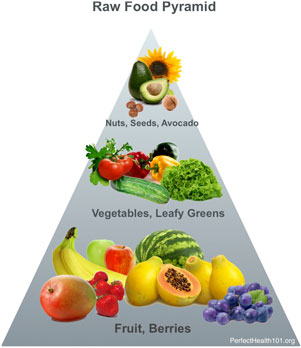03/06/2019 STEWARDSHIP and PARTNERSHIP
Genesis: 1:26 And GOD said, Let us make man in our image, after our likeness: and let them have dominion over the cattle, over the fish of the sea, and over the fowl of the air, and over the cattle, and over all the earth, and over every creeping thing that creepeth over the earth. [King James translation]
1 Corinthians 6:19 Haven’t you yet learned that your body is the home of the HOLY SPIRIT GOD gave you, and that HE lives within you? Your own body does not belong to you. [Living Bible]
Definition: Steward: One who manages another's property, finances, or other affairs.
BIBLICAL COMMENTS
The book of Genesis, a book about beginnings, describes the creation of everything---the Earth, the stars, the sun, the moon, light, land, vegetation, animals and humans. Genesis 1:1 states, “GOD created...” All that was created was created by HIM and belonged to HIM and for HIS purpose. Our human relationship to what GOD created is that of stewardship. We steward that which HE created on earth.
One of the first acts of stewardship was when mankind was given “dominion” over “the fish of the sea, the birds of the air, and over every living thing that moved on the earth.” (Genesis 1:26 and1:28). Later, GOD gave “them” dominion over “the garden of Eden,” with the responsibility to “tend and care for it.” (Genesis 2:15) Again, stewardship.
Stewardship is not an individual activity. Genesis notes that GOD gave “them” dominion. Two were placed in the garden. One could help the other. Partnership was to produce greater stewardship.
We are even stewards of our own bodies as well as each other. Just as a singer views his or her voice as a fine musical instrument, we too are “instruments,” “tools,” “lamps,” on earth for GOD. Everyone collectively is responsible for the maintenance of all the “tools”. Everyone is responsible for making sure all the lamps shine brightly. We are all responsible for the “health” of the body. That is why we cannot ignore anyone’s physical or spiritual health. We are partners and stewards---as “one body” in Christ. (See Romans 12:5)
We also partner with GOD’s HOLY SPIRIT. So, whatever physical or spiritual battles each of us confronts, we are not alone.
PARTNERING FOR HEALTH
We can all partner for health. There are partners everywhere! For example, there are a number of organizations providing useful information about food safety.
Every year, The Environmental Working Group (EWG) publishes an annual “Shopper’s Guide to Pesticides in Produce” report listing fruit and vegetables that are likely to contain the highest level of pesticide residue.
EWG’s “Dirty Dozen List for 2018” include the following:
- Strawberries – One strawberry sample contained 22 pesticide residues; One-third of all conventional samples contained 10 or more pesticides.
- Spinach – 97% of conventional spinach samples contained pesticide residues.
- Nectarines – 94% of nectarines samples contained 15 pesticide residues.
- Apples - 90% of conventional apples had detectable pesticide residues.
- Grapes – Grapes contain an average of 5 pesticide residues. 96% of grapes tested positive.
- Peaches - 97% of peaches had detectable pesticide residues. An average of 4 pesticides were found.
- Cherries – An average of 5 pesticides were found in cherries. 30% of cherries contained a pesticide that is not allowed in Europe and that may cause cancer.
- Pears – Pears contained several pesticides in relatively high concentrations, including insecticides and fungicides. More than ½ of pears contained 5 or more pesticide residuals.
- Tomatoes – Nearly four pesticides on average were found in conventional tomatoes. However, one sample of conventional tomatoes contained 15 pesticide and residues.
- Celery – More than 95% of conventional celery tested positive for pesticides. A maximum of 13 pesticides was detected on a conventional sample.
- Potatoes – Conventional potatoes had more pesticides by weight than any other crop.
- Sweet Bell Peppers – Almost 90% of conventional sweet bell pepper samples contained residual pesticides. It was noted that sweet bell peppers may contain fewer pesticides on average; the pesticides they do contain tend to be more toxic to human health.
See, “EWG’s 2018 Shopper’s Guide to Pesticides in Produce,” www.ewg.org/foodnews/full-list.php.


